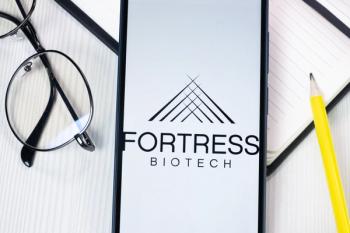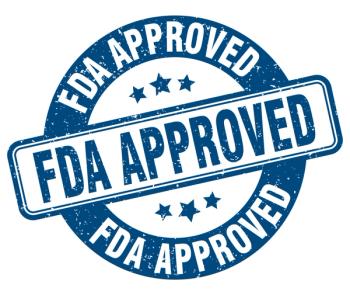
FDA, FTC Issue Warnings to Companies Selling Copycat Food Products Containing Delta-8 THC
The companies are marketing products that may violate Federal Trade Commission prohibition of “unfair and deceptive acts in the marketplace.”
Warning letters have been issued to 5 companies illegally selling copycat food items containing delta-8 THC, in violation of the Federal Food, Drug, and Cosmetic Act, according to the FDA.1
These letters are part of a joint effort from the FDA and the Federal Trade Commission (FTC) “to take action against companies selling illegal copycat food products containing delta-8 THC,” per an FDA news release. The agencies previously worked together in June 2023 to distribute warning letters for 6 other companies selling edible food products containing delta-8 THC “in packaging that could easily be confused for foods sold by popular national brands.”
Between January 1, 2021, and December 31, 2023, the FDA received more than 300 reports of adverse events involving both children and adults who consumed delta-8 THC–containing products—nearly half of which involved emergency department visits or hospitalizations. Approximately two-thirds of these adverse events were related to ingestion of delta-8 THC products such as candy or brownies, and included hallucinations, vomiting, tremor, anxiety, dizziness, confusion, and loss of consciousness, among others.
“Inadequate or confusing labeling can result in children or unsuspecting adults consuming products with strong resemblance to popular snacks and candies that contain delta-8 THC without realizing it,” said Namandjé Bumpus, PhD, FDA Principal Deputy Commissioner. Companies who sell these products are “demonstrating complete neglect for consumer safety,” Bumpus added.
The FDA is especially concerned about the proliferation of these copycat food products, due in part to their ease of purchase and availability to youth. Additionally, the agency cited concerns about processes used to synthesize delta-8 THC, “as impurities or variations in the composition process can result in products that may be harmful or have unpredictable effects on consumers.”
READ MORE:
Packaging for these products is also of concern: per the FTC, some of these products include packaging that is “deceptively similar” to foods and snack items that are popular with children, such as Chips Ahoy! chocolate chip cookies, Gushers, Skittles, and Cheetos.1,2
“Companies that market and sell edible THC products that are easily mistaken for snacks and candy are not only acting illegally, but they are also putting the health of young children at risk,” said Samuel Levine, director of the FTC’s Bureau of Consumer Protection.2 “Those that prioritize profits in front of children’s safety are at serious risk of legal action.”
Companies issued joint warning letters include: Hippy Mood, Earthly Hemps, Shamrockshrooms.com, Mary Janes Bakery Co. LLC, and Life Leaf Medical CBD. GrowGod LLC also received a warning letter from the FDA for similar violations.
The FTC has determined that products sold by these companies use advertising that may violate agency prohibition of “unfair or deceptive acts in the marketplace, including practices that present unwarranted health or safety risks.”
READ MORE:
References
- FDA, FTC continue joint effort to protect consumers against companies illegally selling copycat delta-8 THC food products. News release. FDA. July 16, 2024. Accessed July 16, 2024.
https://www.fda.gov/news-events/press-announcements/fda-ftc-continue-joint-effort-protect-consumers-against-companies-illegally-selling-copycat-delta-8 - FTC and FDA send second set of cease-and-desist letters to companies selling products containing delta-8 THC in packaging designed to look like children’s snacks. News release. Federal Trade Commission. July 16, 2024. Accessed July 16, 2024.
https://www.ftc.gov/news-events/news/press-releases/2024/07/ftc-fda-send-second-set-cease-desist-letters-companies-selling-products-containing-delta-8-thc
Newsletter
Pharmacy practice is always changing. Stay ahead of the curve with the Drug Topics newsletter and get the latest drug information, industry trends, and patient care tips.























